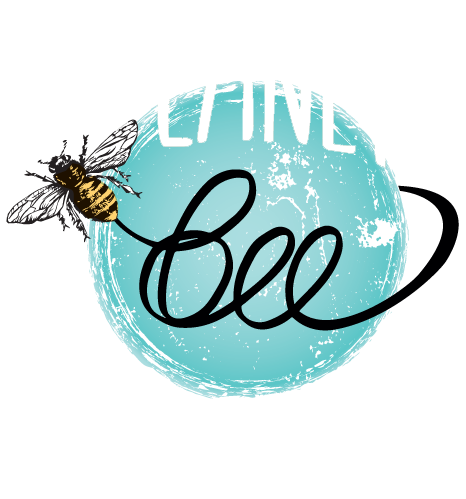World Population Day
- Planet Bee Foundation

- Jul 10, 2021
- 3 min read

How Bees are the Key to a Sustainable Future
The current world population is 7.8 billion people and is expected to reach 8 billion by 2024. With this growing population, food agriculture is a necessity to maintain. Bees are important workers for the agriculture industry, and with their help, generations of people can have access to reliable food sources.
The average American consumes approximately 2000 pounds of food every year. 1 out of every 3 bites of food we eat comes from crops that were pollinated by bees. Bee pollination accounts for $15 billion in crop value and there are more than 3,500 species of native bees that help increase our crop yields!
Bees are an essential pollinator of our world’s food supply and without them, our supermarkets and plates would be almost empty. Many of the fruits, vegetables, nuts, seeds, and oils that we consume depend on bees, not to mention the millions of pounds of honey they produce. While some crops can be pollinated through wind or other mechanisms, there are quite a few foods that will likely disappear without bees.

Almonds: Almonds are completely dependent on honeybee pollination. Without any bees, we will no longer have any almonds.
Avocados: While avocados can partially self-pollinate, 90% of the avocado yield would be lost without bees.
Blueberries: Blueberries depend on insect pollination and 95% of their pollinating visitors are bees. Due to the shape of the blueberry flower and the stickiness of its pollen, blueberries must be pollinated by insects such as bees in order to produce any fruit.
These are just a few of the hundreds of crops that depend on bees for pollination. If bees become extinct, the world will face major food insecurities and make it more difficult to feed the growing population. In 2019, 1 in 10 people worldwide were exposed to high levels of food insecurity and 2 billion people did not have regular access to safe and nutritious food. The State of Food Security and Nutrition in the World 2020 report projected that the COVID-19 pandemic would push 130 million more people into chronic hunger by the end of 2020 and current projections estimate that the UN’s goal to achieve Zero Hunger by 2030 will not be met. Due to the difficulties in producing and distributing food during the pandemic, there are a quarter of a billion people at the brink of starvation.

Sustainable agricultural practices must be adopted to support our growing population. This requires supporting a diverse range of pollinators from the honeybee to a large variety of native bees such as mason bees, bumble bees, squash bees and more. Bees and agriculture are dependent on each other, and we must protect our bee populations so that we are able to enjoy all our delicious food products. Otherwise, we might have to resort to hand pollinating our billions of acres of farmland as some parts of China have started doing as a result of declining bee populations.
So what can we do to help our bees? Limiting the use of pesticides and managing habitats to restore ecological diversity will help protect and support native bee populations. Backyard beekeeping, growing a pollinator friendly garden, or simply leaving out a watering hole will help your local native bee populations. You can also reach out to your local environmental groups (such as Planet Bee!) to get involved. Remember, every little action and every little bee counts!

************
Written by Catherine Yoo



